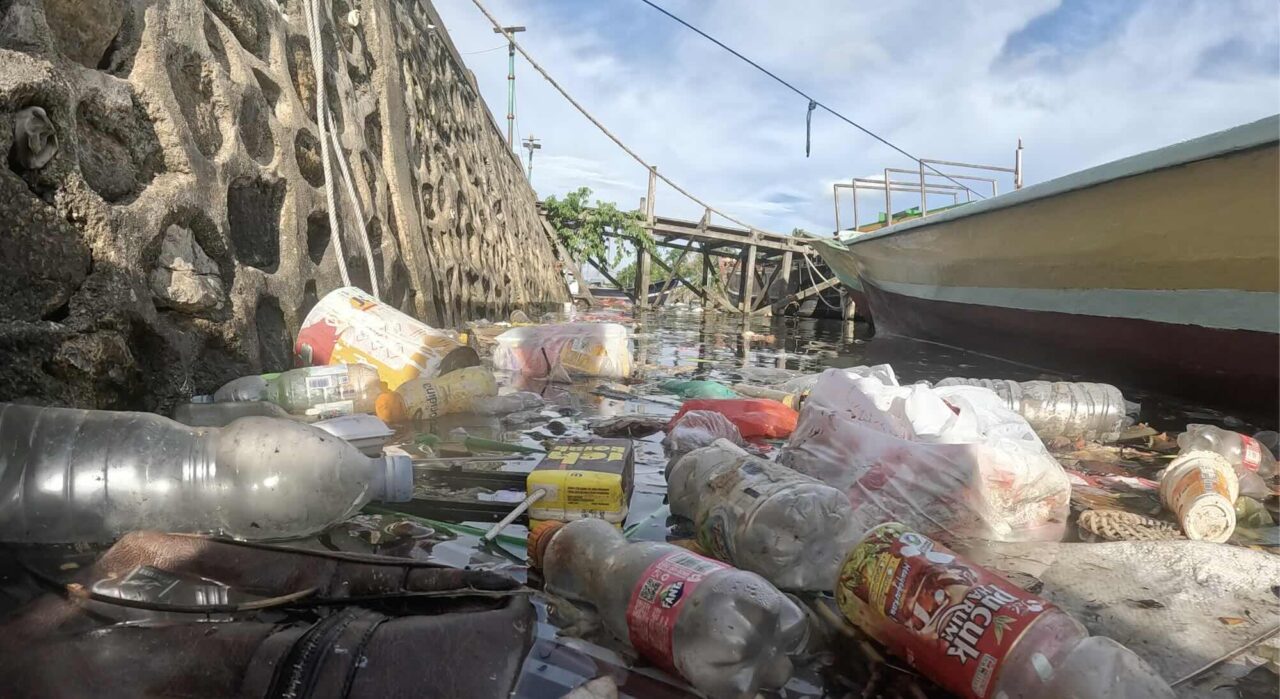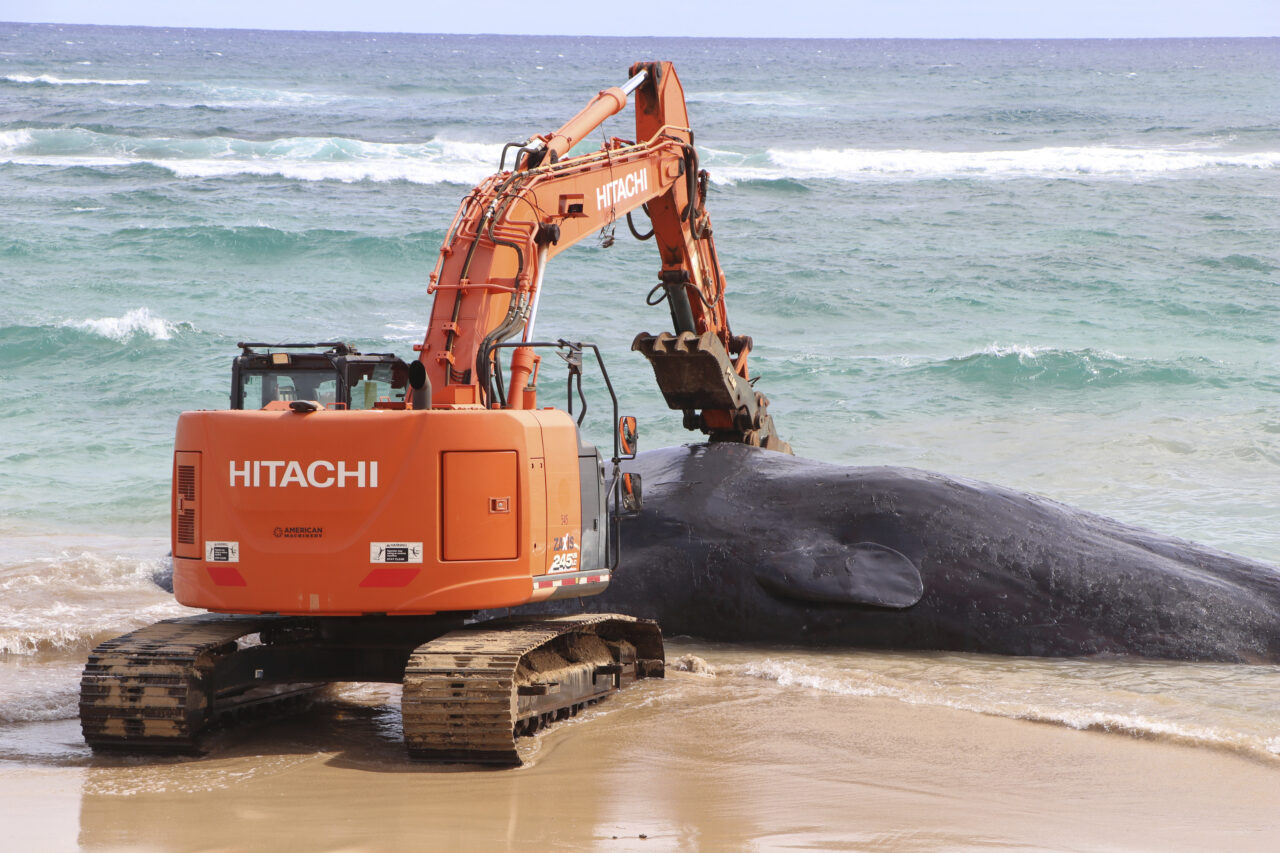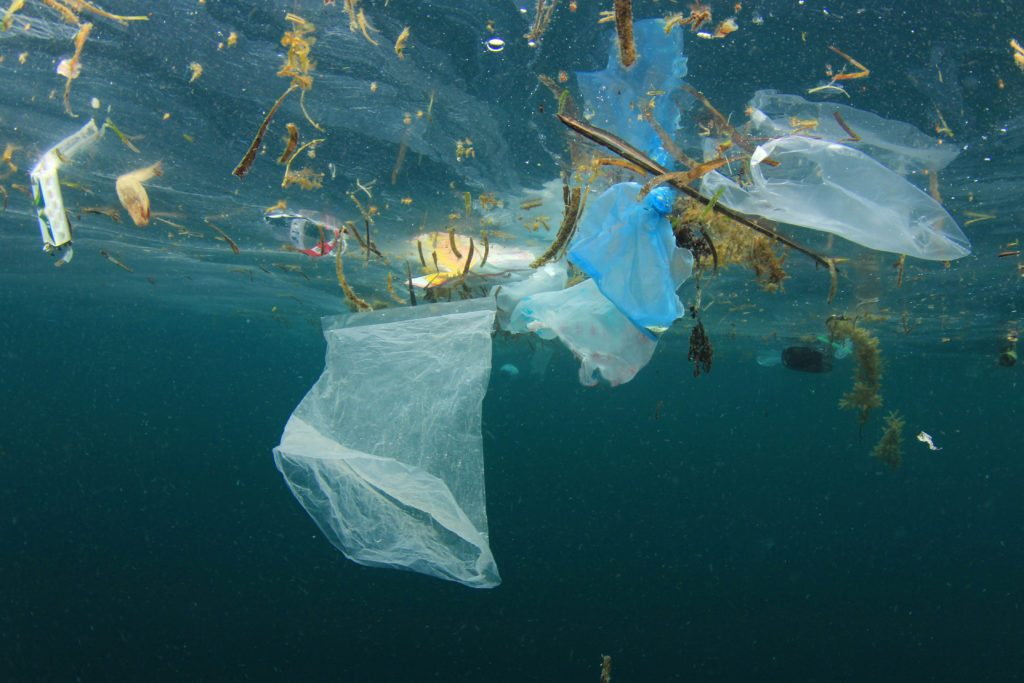Plastic Rubbish can “Sound” Like Food for Deep-Diving Whales
Deep-diving whales use echolocation in the darkness of the deep sea to hunt, but when the sea is full of plastic, this ability can kill them.

Whales like the sperm whale, which dives deep into the ocean, rely on sound more than sight. And by constantly sending out sounds that bounce off fish and objects, they can get a clear picture of their surroundings. A superpower down there in the dark but one that can be turned to a deadly disadvantage, a new study shows.
When the sounds bounce off plastic debris, the whales cannot distinguish whether it is rubbish or prey. It can trick sperm whales, beaked and other deep-diving whales into eating plastic that could lead to their death.
Whale biologist Greg Merrill and his colleagues at the Duke University Marine Lab in Beaufort, N.C., tested the strength of the echoes from nine different plastic debris collected from the ocean. Everything from rope to plastic bags and bottles, all items commonly found in the stomachs of beached whales.
They then placed the objects and several of the whales’ usual prey, one at a time, on an underwater rig and emitted sounds at different frequencies towards them.
It turned out that all the plastic objects produced echoes that were as strong or sometimes even stronger than those coming back from the prey. This suggests, say the researchers, that whales have difficulty recognizing the difference between prey and a plastic object. And the results should lead us to have a completely different policy towards plastic pollution, and that the composition of the plastic itself must be changed so that it does not give these signals back to the whales.




